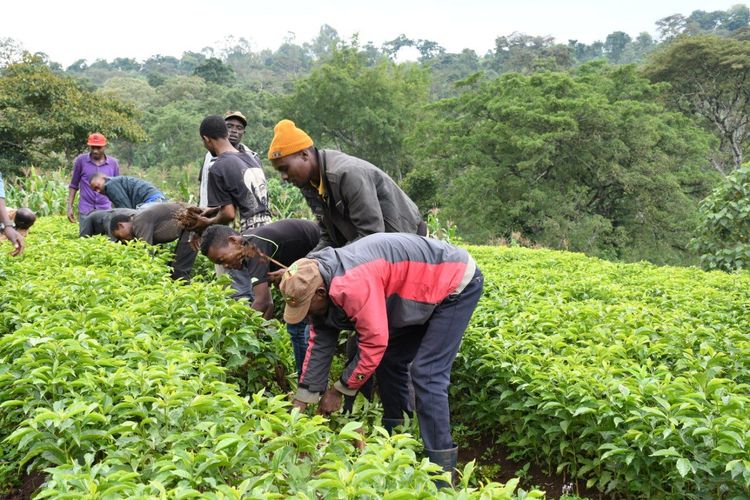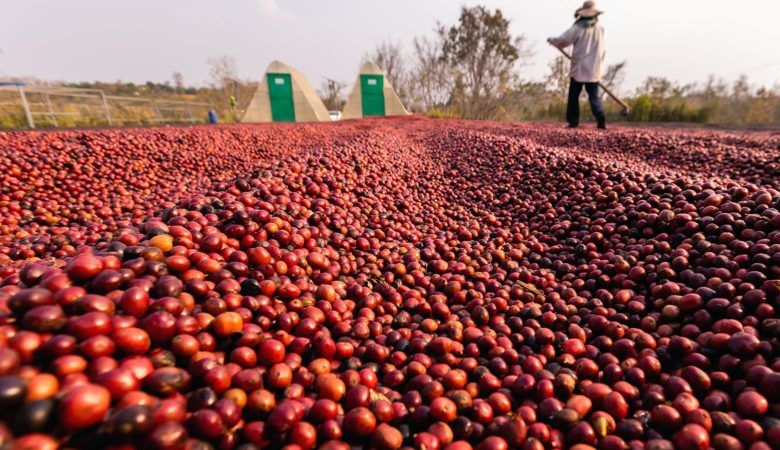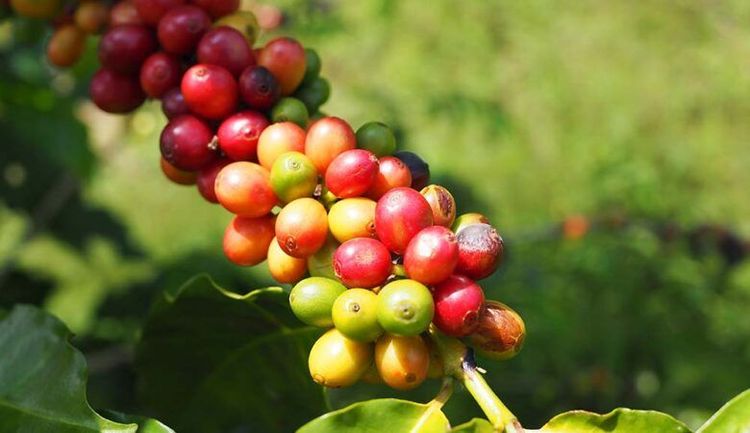
Coffee Process
Media

CEO NOTES
The spread of organised coffee cultivation in Ethiopia - as related by lsrael Degefa.
Coffee spread to the highland areas of Sidamo where the trees are newer. In my home area, the trees can be 65-85 years old. Trees this mature no longer produce good, flavoursome coffee but farmers have been resistant to replanting due to the perceived interruption in their income. On a side note, in response to this issue Kerchanshe now runs a range of ...
Coffee is a global staple, with over 2.25 billion cups consumed daily, making it the third most consumed beverage after water and tea. Ethiopia, the birthplace of Arabica coffee, faces a grave threat to its coffee heritage due to climate change. This blog explores the looming extinction of wild Arabica in Ethiopia, its implications, and the steps being taken to address the crisis.
Ethiopia is the native home of Arabica coffee, known for its complex flavors and aromatic qualities. Wild Arabica, which thrives in the country's diverse climates, is a crucial component of Ethiopia's coffee industry. However, climate change poses a significant threat to these ancient coffee plants. According to recent studies, wild Arabica populations in Ethiopia could decline by as much as 90% by the end of the century due to changing environmental conditions. Arabica coffee plants are highly sensitive to temperature and rainfall fluctuations. They require specific climatic conditions to flourish, which are becoming increasingly rare due to climate change. Rising temperatures, prolonged droughts, and erratic rainfall are severely impacting these plants, exacerbating the spread of diseases and pests.
The implications of climate change for Ethiopia's coffee industry are profound. Coffee is one of Ethiopia’s most vital exports, contributing around 10% to the country’s total export earnings. The adverse effects of climate change are already being felt: Increased Pests and Diseases: Higher temperatures have led to a rise in pests and diseases, which reduce crop yields and damage coffee plants. Unpredictable Weather Patterns: Changes in rainfall have resulted in severe droughts in some areas and flooding in others, making it challenging for farmers to manage their crops and plan for the future. Economic and Cultural Impact: The potential extinction of wild Arabica would be devastating both economically and culturally. Coffee plays a central role in Ethiopian society and traditions, and its loss would significantly impact the livelihoods of many Ethiopians.

To combat the threat to wild Arabica coffee, several initiatives are underway: Government and NGO Efforts: The Ethiopian government, alongside international organizations and NGOs, has established a task force to address the crisis. They are working on replanting programs to restore lost coffee forests and developing strategies to help farmers adapt to changing climatic conditions. Kerchanshe’s Commitment: As a major player in Ethiopia’s coffee industry, Kerchanshe is actively involved in protecting coffee plants. The company has partnered with the Buna Qela Charity Association, which focuses on social development and coffee improvement projects. Buna Qela has distributed 5 million coffee seedlings to enhance productivity and ensure the sustainability of coffee farming. By investing in these initiatives, Ethiopia aims to mitigate the impact of climate change on its coffee industry and preserve the legacy of wild Arabica. Efforts to improve farming practices, restore coffee forests, and provide support to local farmers are critical to ensuring the continued viability of Ethiopia's coffee production. The extinction of wild Arabica in Ethiopia highlights the urgent need for global action on climate change and the importance of protecting coffee biodiversity. Through collaborative efforts and continued investment in sustainable practices, there is hope that Ethiopia can safeguard its coffee heritage for future generations.

Related Blogs
July 28, 2022

March 13, 2023

November 15, 2023

